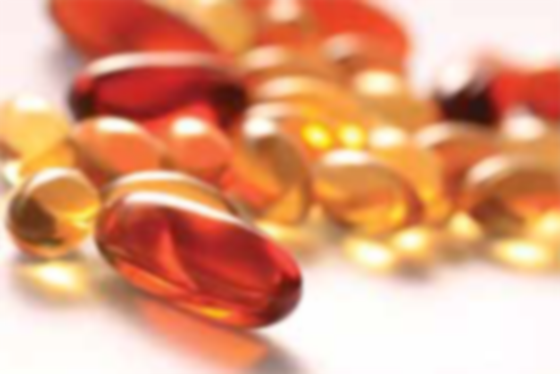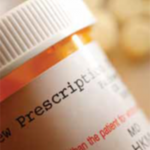Your pain medication: Don’t mix & match
The basics
 Your stomach, intestines, liver, and kidneys all help to “process” (break down) whatever you eat or drink so that your body can use it. Even pain medications that you might get through a needle, or through your skin with a patch, are processed this way.
Your stomach, intestines, liver, and kidneys all help to “process” (break down) whatever you eat or drink so that your body can use it. Even pain medications that you might get through a needle, or through your skin with a patch, are processed this way.
As a result, how well your prescription pain medication works may be affected by some of the foods, drinks, or other medications that you’ve put into your body.
For example:
- Your pain medication may not work as well if another substance “cancels it out.”
- Other products may make your pain medication act stronger, which could be very dangerous.
- Even coffee, herbal products, and some vitamins might not “get along” with your pain medication.
The key is not to stop eating, drinking, or taking other medication: Instead, track what you’re taking (or plan to take) and be sure to tell your health care provider about it.
Speak with your health care provider about:
- All prescription and non-prescription medicine that you use, including vitamins and health remedies
- Your use of alcohol, tobacco or “recreational” drugs
- Particular items that you often eat or drink
Keep in mind
Your health care provider needs to know about all medicines and supplements that you use. That includes things like aspirin, acetaminophen, ibuprofen, vitamins, cold medicines, antihistamines, antidepressants, and sleep aids.
Did you know?
It is often dangerous to drink alcohol while taking prescription pain medication! Ask your health care provider for more information.
Learn More
Register now at www.painaction.com/actionstep
There, you’ll find helpful information about:
- Treatments
- Communicating with youra health care provider
- Pain issues
- Medication safety



